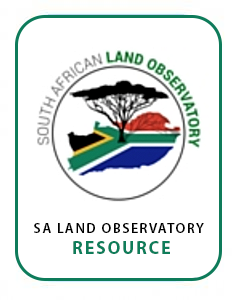Land Reform (Labour Tenants) Act, 1996
To provide for security of tenure (land) of labour tenants and those persons occupying or using land as a result of their association with labour tenants; to provide for the acquisition of land and rights in land by labour tenants; and to provide for matters connected therewith. WHEREAS the present institution of labour tenancy in South Africa is the result of racially discriminatory laws and practices which have led to the systematic breach of human rights and denial of access to land



